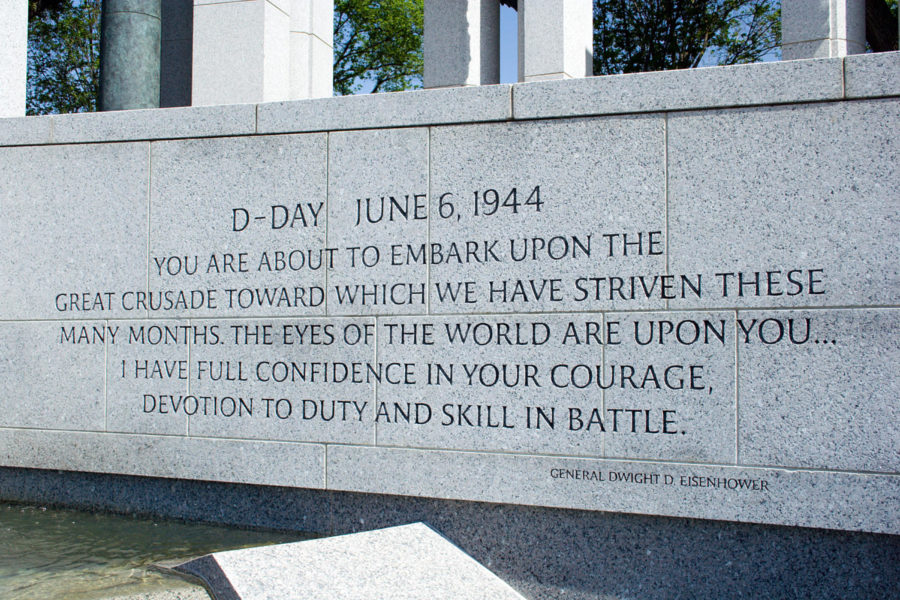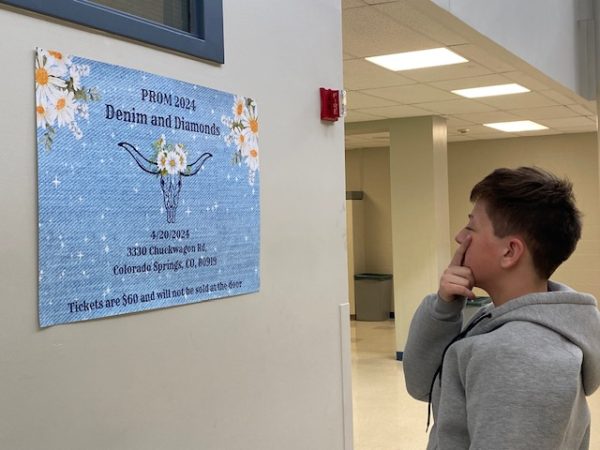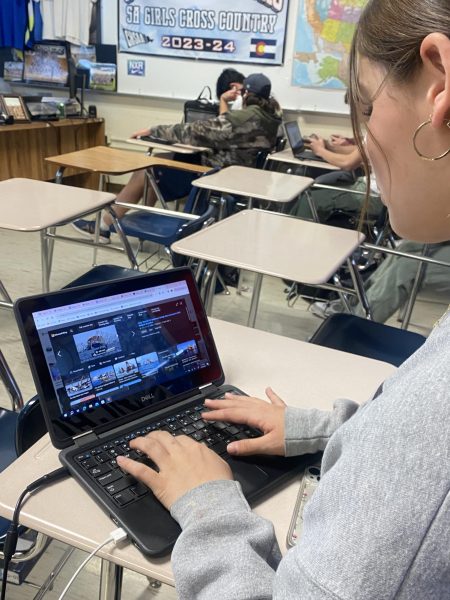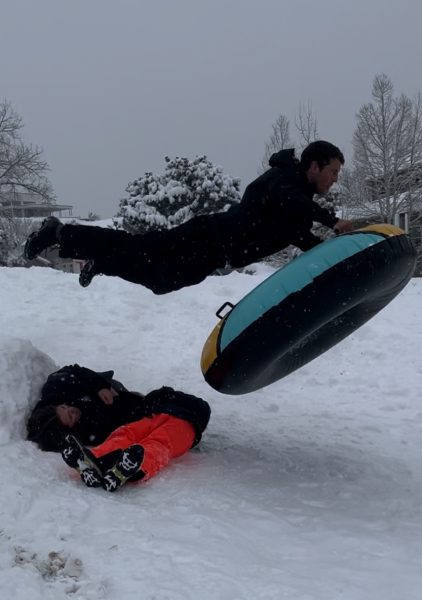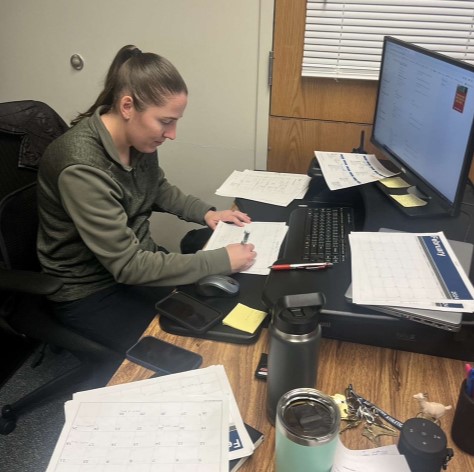Are History Classes Teaching Enough?
A stone wall at the World War ll Memorial, which has Dwight D. Eisenhower quote. (Labled for reuse).
On Feb. 27, 1968, CBS News began reporting on the mass chaos and unthinkable horrors that were unfolding in Vietnam. For the first time, CBS was able to report the ongoing violence and terror raging, giving viewers the truth and glimpse into the difficult reality.
As people were watching the report, they saw the desperation and fear of both the Americans and the Southern Vietnamese. Viewers at home watched as villages were burned to the ground by their own military.
According to CBS news, “In August, as the war was escalating, Morley Safer documented marines destroying homes in Camne. One hundred and fifty homes were leveled in retaliation for a burst of gunfire.”
Many may not know that this was to prevent ambush attacks launched by the Viet Cong, who would hide in these small towns. During coverage of the war, nine CBS employees were killed.
Haunting last footage that was ingrained into many people’s minds was that of the last helicopter out of Saigon. People desperately fought one another to escape from Saigon before the Viet Cong would reach them. The brutal and violent war left devastation for both the Vietnamese and Americans.
Now it is 2019; students in history class listen to the retelling of major historical events. Students are taught of all historical events and and continuing to learn, but there are roadblocks. Not all major historical events are taught to the fullest.
This may be the fault of the curriculum, but why is it that events such as Trail of Tears, The Vietnam War, and Korean War are only briefly covered?
Students are required to take a history classes throughout their time in school, however, many believe that an America-centric teaching style is not expanding kids knowledge on history.
An article published in The Atlantic explains how they feel that the education system for history is failing to thoroughly teach different angles and points of views on historical events.
“This teaching pretends that there is a uniform collective story, which is akin to saying everyone remembers events the same. Yet, history is anything but agreeable,” the Atlantic stated.
Are students being told that as long as they know the main idea of major events, then they are knowledgeable and should leave it there?
We, as students, should be told of all the significant details, many of which go unseen in class.
History is intended to illuminate the truth, and it is not all lighthearted. People learn history to acknowledge that there are brutal and inhumane things that occur and how those events have created a permanent scar. As we all have heard, history repeats itself. We must learn the details of events thoroughly enough to ensure they are not repeated.
Junior Sara Setar explained how class can sometimes almost feel like a disconnect for many students.
“I feel like almost every topic doesn’t leave any weight to us. History is supposed to teach us to not repeat tragic events, but for us to understand that, we have to relate to it and be empathetic with it,” Setar said.
While in history, we have learned about the Korean War from less than a paragraph in the textbook. The Korean War left a major impact and should be given more than that to explain the events that had taken place and show the lives that were impacted and changed forever from these events.
Could it be that the curriculum of the class has been cut short? In the New York Times article, Decline and Fall of Teaching History, the author brings a realization of how history classes have changed throughout time.
“During the past generation, the amount of time devoted to historical studies in American public schools has steadily decreased. About 25 years ago, most public high-school youths studied one year of world history and one of American history, but today, most study only one year of ours.”
As the article explained, there is a decreasing emphasis on world history. Our world is so interconnected that failing to elaborate on world events leaves them in the dark.
It is shocking to me how major events that impact every single person are overlooked and are not presented in their fullest. All people should learn these details. One day we all will be asked how and why these tragic incidents occurred. But, will we know the answer to those questions? Will we be able to describe the conflicts and the sacrifices people had made?

Hey! I am Summer Morse and I am a junior at AAHS. I love the outdoors as well as reading and writing. I love animals I have two dogs, two cats, two guinea...



